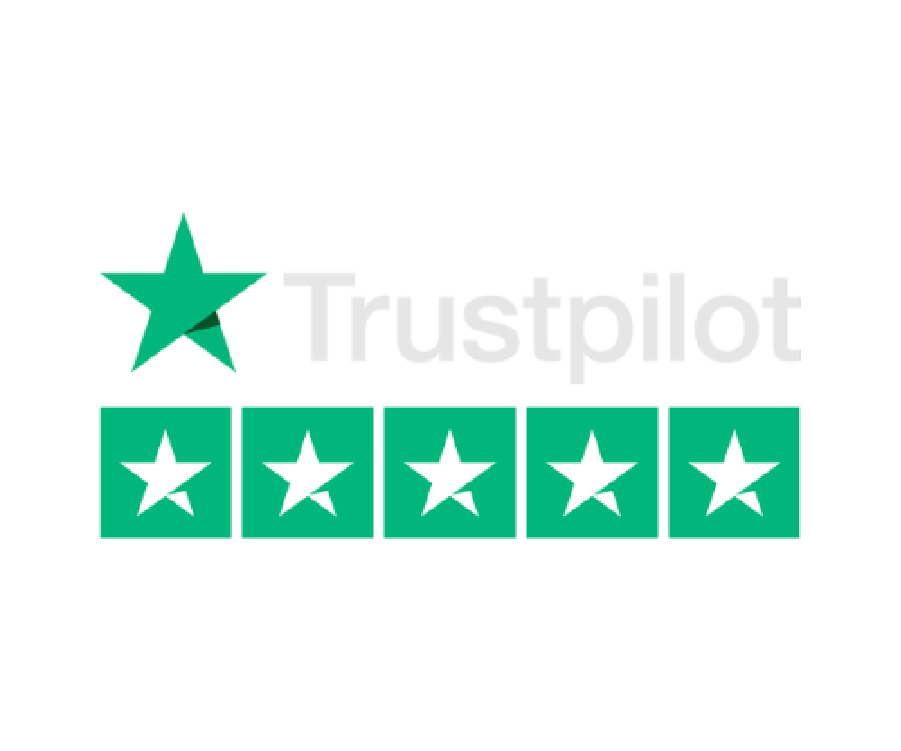Term: Content Management System (CMS)
Definition: A software application or set of related programmes that enables users to create, manage, and publish digital content.
Alternative Names: None
Expanded explanation: A CMS is a platform designed to streamline the creation, modification, and publication of digital content, typically for websites. It allows users with little to no technical knowledge to manage and maintain content without needing to understand programming languages or web development.
Benefits or importance:
- Efficiency: A CMS simplifies content creation, modification, and management, enabling users to produce and publish content quickly.
- Collaboration: Multiple users can work on the same content simultaneously, improving collaboration and teamwork within the organisation.
- Flexibility: Many CMS platforms are highly customisable and can be tailored to specific business needs and requirements.
- Scalability: As a business grows, a CMS can easily adapt to accommodate increased content, traffic, and functionality.
Common misconceptions or pitfalls:
- One-size-fits-all: Not all CMS platforms are suitable for every business, so it’s essential to choose the right one based on individual needs.
- Security: CMS platforms can be vulnerable to security threats, so regular updates and maintenance are crucial to protect against potential risks.
Use cases:
- Creating and managing a blog or news website
- Building and maintaining an e-commerce website
- Managing a company’s internal documentation and resources
Real-world examples: Popular CMS platforms include:
- WordPress: An open-source CMS platform that powers over 40% of websites globally. WordPress is known for its ease of use, extensive plugin ecosystem, and large community support.
- Joomla!: Another open-source CMS that offers a more complex and flexible solution compared to WordPress. Joomla! is suitable for managing more advanced websites with custom features and integrations.
- Drupal: A powerful open-source CMS that is highly scalable and offers advanced features for more complex websites. Drupal is popular among developers due to its robust architecture and security features.
- Magento: A popular e-commerce platform built on open-source technology. Magento provides a range of tools and features for creating, managing, and scaling online stores.
Calculation or formula: There is no specific calculation or formula associated with a CMS. However, its performance can be measured using various key performance indicators (KPIs), such as:
V = \text{Total number of visitors}
B = \text{Bounce rate}
C = \text{Conversion rate}
Best practices or tips:
- Choose the right CMS for your specific needs and requirements
- Keep the CMS updated and secure to protect against potential threats
- Regularly back up your content to prevent data loss
- Implement a user-friendly design and navigation structure
Limitations or considerations: While CMS platforms offer many benefits, there are some limitations to consider, such as potential security risks, the need for regular updates, and potential performance issues if not properly optimised.
Comparisons: Some popular CMS platforms are compared based on their features, ease of use, customisation options, and community support. It is important to evaluate each platform’s strengths and weaknesses before making a decision.
Historical context or development: The first CMS platforms emerged in the late 1990s and early 2000s as businesses recognised the need for more efficient and accessible ways to manage digital content. Since then, CMS platforms have evolved to accommodate changing technologies, user needs, and industry trends.
Resources for further learning: To learn more about CMS platforms, consider visiting the following resources:
- CMSWire – A leading online publication that provides news, analysis, and advice for digital professionals focusing on content management systems, customer experience, and digital marketing.
- WPBeginner – A comprehensive resource site for WordPress beginners, offering tutorials, guides, and tips to help users get the most out of their WordPress CMS.
- The Joomla! Project – The official website of the Joomla! CMS, providing information about the platform, its features, and the community that supports it.
- Drupal.org – The official website of the Drupal CMS, offering information on the platform’s features, documentation, and the community behind it.
Related services: Services offered by the digital agency related to CMS platforms:
- CMS Selection and Implementation – Assistance in choosing the right CMS for your business and setting it up.
- Custom Development – Tailored CMS solutions to fit your unique business requirements.
- CMS Maintenance and Support – Ongoing support, updates, and maintenance to keep your CMS running smoothly and securely.
- CMS Training – Comprehensive training for your team to effectively use and manage your chosen CMS platform.
- CMS Migration – Migrating your existing content and website to a new CMS platform.
Related terms: Website builder, Web hosting, Search engine optimisation (SEO), Web development, Web design, Database management








